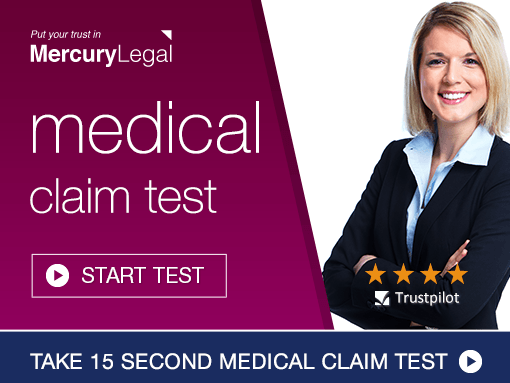Treatment of Nasal Cancer
How are the symptoms of Nasal Cancer treated?
How Is Nasal Cancer Treated?
Depending on the location, position and severity of the tumour, there are a range of treatment options for those suffering from nasal cancer. One of the primary aims of the medical team will be to treat the cancer while doing as little damage as possible to the patient – in terms of health and appearance.
The most common form of treatment for nasal cancer is surgery. The type of surgery required depends on the size and position of the tumour; if it is caught early and has not spread then it is possible that the surgeon will simply cut out the tumour, however if it has had a chance to develop or spread then nearby areas of bone and tissue may need to be removed as well. In these cases, depending on how much tissue or bone is removed, it might be necessary to rebuild these areas with tissue or bone from other parts of the body, or in some cases prosthetic implants might be used.
There are three types of surgery that may be performed:
Open Surgery – in this method the surgeon will remove the tumour through incisions made in the patient’s face and neck. Because of the potential damage to the patient’s physical appearance this method is not used unless it is unavoidable.
Transoral Surgery – this method of surgery involves the tumour being removed through incisions made within the patient’s mouth. Because of the risks of infection through eating and drinking this method is not usually favoured unless it is the only option.
Endoscopic Surgery – this type of surgery involves a thin, flexible tube with a light and camera at the end that is used to help remove the tumour through the mouth or nose. It is particularly effective with small tumours and has the benefit of not leaving any scars on the face or neck – as a result patients often recover more quickly after this type of surgery.
Radiotherapy
Radiotherapy uses high-intensity radio waves targeted directly at the tumour that can destroy the cancer while doing little harm to neighbouring tissue and bone. Radiotherapy can be used before surgery to try and reduce the size of a tumour, or after surgery to reduce the risk of the cancer coming back. Radiotherapy can also be used to control pain and other symptoms if the cancer has spread to other areas. Radiotherapy does come with a variety of side-effects, particularly when used to treat areas such as the nose and mouth, so these risks have to be balanced against the risk of the cancer spreading or returning.
Chemotherapy
Chemotherapy involves the use of cytotoxic drugs which destroy cancer cells. It can be used alongside radiotherapy, or on its own, and is commonly used to treat cancer that has spread or that has returned after previous treatment. The greatest risk with chemotherapy is that the drugs not only attack the cancer cells, they also reduce the number of white blood cells in the body, making it more difficult for the body to fight infection. In addition to this the high toxicity of the drugs can cause other side effects such as vomiting and hair-loss, although there are now drugs that can be taken alongside the chemotherapy to reduce these effects.
Complementary and Alternative Medicines
You might hear about other treatment options that perhaps your doctor does not mention; such as complementary or alternative medicines. These can involve special diets, herbs, vitamins, acupuncture and even massage to help reduce symptoms and improve quality of life. The distinction here is that in this context Complementary means ‘in addition to’ whereas Alternative means ‘instead of’ – so your doctor is more likely to suggest the former, rather than the latter.
Contact us today for free, no obligation advice regarding your Nasal Cancer claim – either by calling us free on 0800 122 3130, or by requesting a free call back, whereby one of our team will contact you at a time of your choice, to discuss your situation.
We’re here to help – contact us today.

Claiming For Your Nasal Cancer
Free Legal Advice
If you are unsure whether you can claim compensation for a Nasal Cancer as a consequence of your work environment, then call our personal injury claims team for free for no obligation advice on making a claim. They will ask you some simple questions about your condition, talk to you about what’s happened and can tell you if you have a viable claim for compensation or not. Call us 24/7 on 0800 122 3130.
Latest Nasal Cancer News
Biggest Ever EU Banned Chemical Application
A consortium of companies from across Europe have made an application to the European Union to use a banned chemical made infamous by the Hollywood film Erin Brockovich. In the movie, the lead role (played by Julia Roberts) fights on behalf of families who have...
read more




